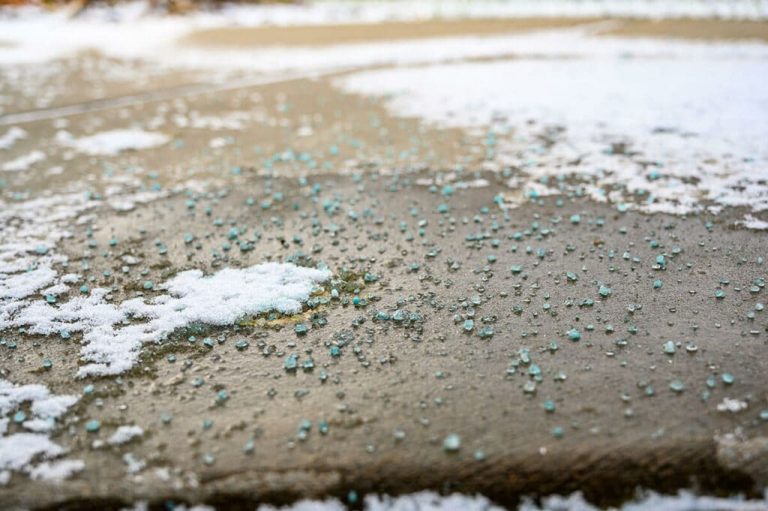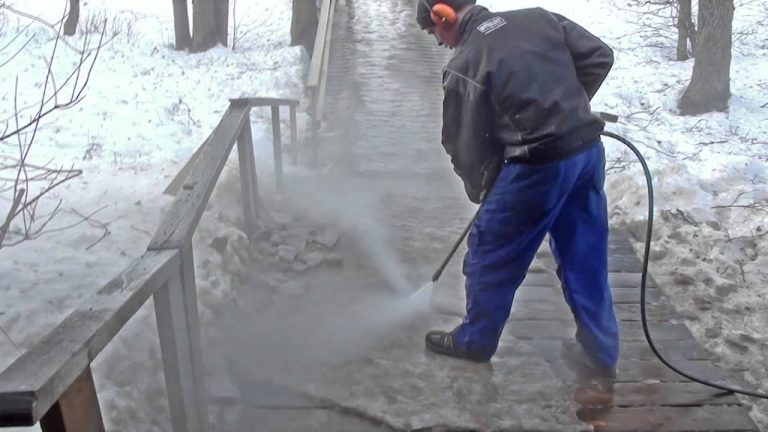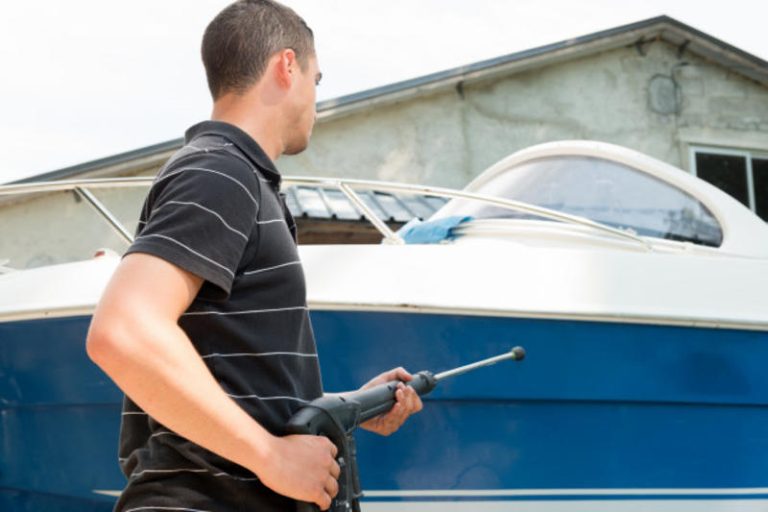
Power washing is a great way to rejuvenate your home’s exterior, but it’s not something you can do just anytime. Many people wonder: Can I power wash in any weather? The short answer is no—there are ideal conditions and also times when it’s best to hold off. If you want to get the most out of your efforts and avoid damage or frustration, timing matters more than you might think.
🌞 Ideal Weather for Power Washing
The best time to power wash is when the weather is:
- Mild (60–80°F or 15–27°C)
- Dry with low humidity
- Wind-free
- Not too sunny
Spring and early fall tend to be the best seasons in many regions. Temperatures are comfortable, and there’s typically less risk of storms or extreme heat.
A dry, mild day allows surfaces to dry faster, which helps prevent mold from growing back. Plus, when it’s not too hot, detergents don’t dry too fast and leave streaks or residue.
🌧️ What About Rain?
Rainy days are a no-go for power washing. Rain interferes with the water pressure, dilutes cleaning solutions, and makes surfaces slippery and dangerous to walk on. Plus, who wants to work in wet clothes for hours?
Also, using a power washer in the rain increases the risk of electrical hazards—especially if you’re using an electric machine.
💡 Tip: If light rain is in the forecast later, you might get away with a quick job in the morning, but it’s always safest to wait for dry conditions.
❄️ Can I Power Wash in Cold Weather?
Freezing temperatures create more problems than they solve. Here’s why power washing in cold weather (below 40°F / 4°C) is a bad idea:
- Water can freeze on contact with surfaces, making them slippery and dangerous.
- Ice can form in the equipment, causing damage to hoses and pumps.
- Cleaning solutions don’t work as effectively in low temperatures.
- It’s tough to dry wet surfaces in cold weather, which encourages mildew growth.
If you live in a colder climate, plan to winterize your power washer and avoid use until spring.
Browse Amazon Here For Top Rated Power Washers And Accessories
🌬️ What About Windy Days?
Wind can ruin your power washing plans. High winds blow water and chemicals back in your face, reduce accuracy, and make the job messier. It also increases the chances of debris or grit getting into the power washer intake or hitting you while you work.
Even a moderate breeze can be frustrating when trying to direct a high-pressure spray with precision.
☀️ Is Direct Sunlight a Problem?
It might seem like a hot, sunny day is ideal—but too much sun can actually cause issues:
- Cleaning solutions dry too fast, leaving behind streaks or residue.
- Heat causes water to evaporate quickly, reducing cleaning efficiency.
- On hot surfaces like dark siding or metal, the sudden temperature change can lead to cracking.
Try to work in the morning or late afternoon when the sun is lower, or pick a cloudy day for best results.
🌤️ Best Practice Summary
For the best results:
- Choose a dry, mild day.
- Avoid strong sun, heavy wind, or rain.
- Don’t power wash in freezing or near-freezing temps.
- Monitor weather apps before starting your project.
By working with the weather instead of against it, you’ll save time, prevent damage, and get a better clean. 🌟
Browse Amazon Here For Top Rated Power Washers And Accessories






